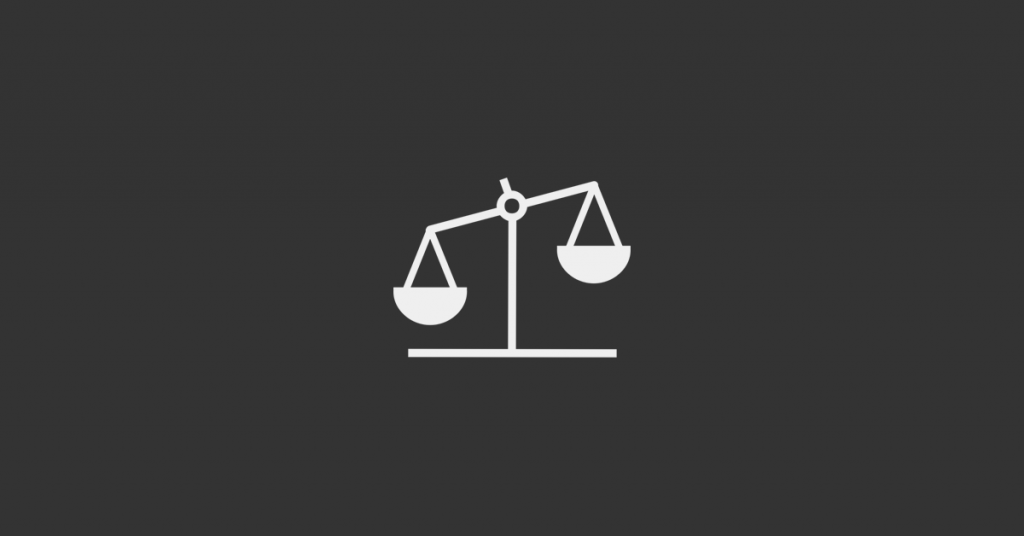Some people hold positions that place them in a position of trust. Executors under a last will and testament, trustees handling assets placed in a trust, and attorneys representing their clients all hold positions of trust as fiduciaries. A breach of trust by a fiduciary can have serious financial consequences for the individual who relied upon that person.
Fiduciaries owe a duty to beneficiaries
A fiduciary can be either a person or an organization. Banks, for example, frequently act as trustees. Someone or an entity agreeing to serve in a fiduciary capacity agrees to manage the assets or affairs of another person. Fiduciaries must act in good faith and carry out their duties solely for the benefit of the individuals who have placed their trust in them
Remedy for breach of trust by a fiduciary
Although fiduciaries frequently are paid a fee for the services they provide, their duty is to the individuals who are the beneficiaries of their services. When a breach of trust occurs, a beneficiary may suffer financial losses. The law gives victims of a breach of trust the right to sue the fiduciary for damages and depending on the circumstances, there might be a violation of a state’s criminal laws.
![]()
Recognizing the signs of a breach of trust
Before you can take action against someone for breach of trust, you must know that it has occurred. Here are three tell-tale signs to look for if you suspect you might be the victim of a breach of trust by a fiduciary:
- Commingling Assets: Fiduciaries must never forget that the assets, including deposit accounts, belong to the beneficiaries and not to them. Trustees, executors, and others acting in a fiduciary capacity must keep the assets they manage separate and apart from their own. They must also maintain meticulous records of all transactions and provide them to beneficiaries, so if you are not receiving them, this might indicate a breach of trust.
- Conflicts of Interest: Fiduciaries must put aside their own personal interests when working on behalf of their beneficiaries. They should not use their positions to better their own financial interests. For example, if the trustee receives a kickback for hiring a contractor to do repairs on a house held in the name of the trust, this would be an example of a breach of trust. Another sign of a conflict of interest to watch out for includes the lending of money by fiduciaries to themselves or to relatives.
- Failing to Oversee Others: Fiduciaries frequently act in conjunction with others as in situations with co-trustees or co-executors. Each fiduciary is responsible for overseeing the activities of other fiduciaries and taking action to prevent or report a breach of trust. It is treated as a breach of trust for a fiduciary to not report or prevent wrongdoing by a co-fiduciary.
Three Potential Consequences of Breach of Fiduciary Duty
If you suspect that you have been the victim of a breach of trust, you should speak to an attorney. The remedies available against someone who is guilty of a breach of trust can vary from state to state, and there could be time limitations on how much time you have to file a claim.


